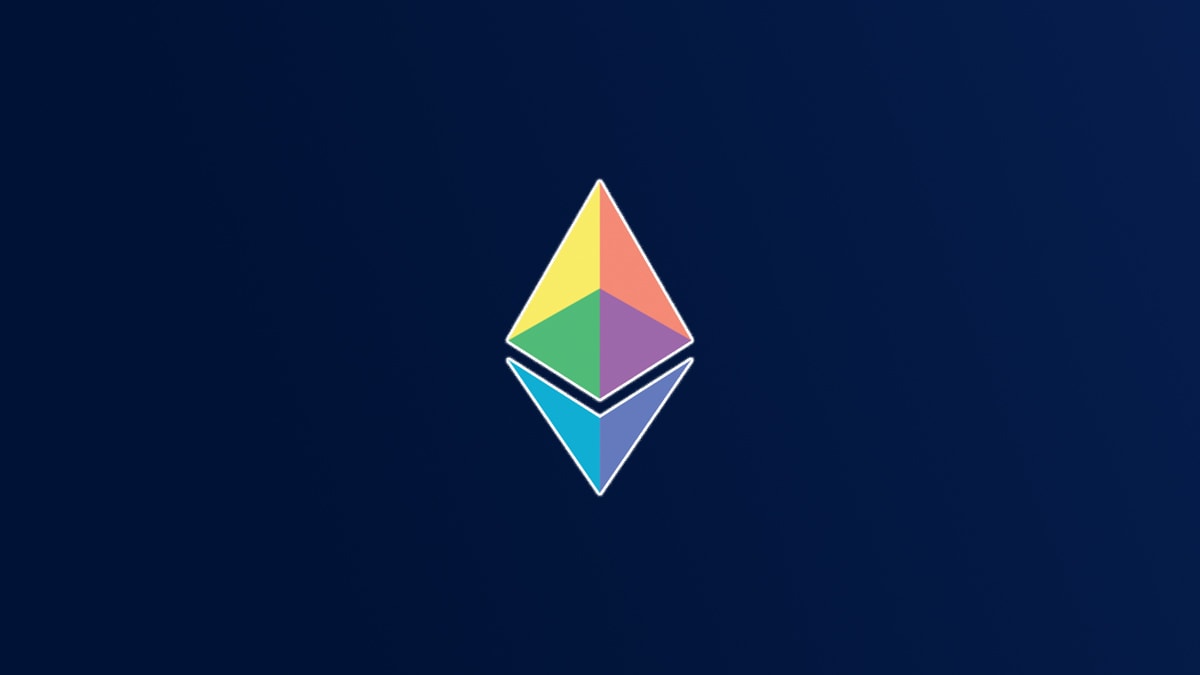Why Ethereum Might Be the Backbone of Tomorrow’s AI
16.04.2025 8:00 2 min. read Alexander Stefanov
Ethereum could become a key player in reshaping how artificial intelligence is developed and used, offering a decentralized foundation to tackle some of AI’s most pressing flaws.
Former Ethereum developer Eric Connor believes the next big chapter for Ethereum might not come from finance—but from AI itself.
Today’s AI systems rely heavily on closed-source models and centralized data storage, often raising concerns about transparency and control. Ethereum’s structure, built around verifiable smart contracts and decentralized ownership, could counter these issues by enabling more open and accountable systems.
Connor argues that AI’s future doesn’t have to be controlled by a handful of tech giants. Ethereum already has a culture of transparency, collaboration, and user empowerment—values that responsible AI also needs. Though major players in AI may resist change to protect their business models, Connor believes public pressure for fairness and transparency will grow, creating space for decentralized alternatives.
He suggests that by expanding tools, use cases, and developer support, Ethereum could draw AI builders into its ecosystem, leading to broader adoption beyond just crypto finance.
Ethereum’s role is also becoming clearer in the rise of agentic AI—intelligent programs capable of making decisions, learning from interactions, and operating autonomously. These agents are increasingly appearing on the Ethereum network, benefiting from its real-time data, native asset handling, and ability to interact with smart contracts.
Several experiments are already live. Luna is a self-governing virtual influencer with control over its own crypto wallet. AIXBT offers automated market insights, while Botto produces NFT art chosen through community input. Other projects, like Bankr and HeyAnon, are working on making blockchain interactions easier by enabling chat-based interfaces.
Connor, who left Ethereum in January to focus on AI, sees the overlap between these two technologies as a gateway to Ethereum’s next evolution—and perhaps the start of a decentralized AI movement.
-
1
Polygon Breaks from Decentralization as Sandeep Nailwal Assumes Full Control
11.06.2025 20:00 2 min. read -
2
Ethereum Gets Serious About Security with New Roadmap and Leadership Changes
12.06.2025 8:00 1 min. read -
3
PancakeSwap Unveils Seamless Crosschain Swaps with Game-Changing Upgrade
12.06.2025 13:00 1 min. read -
4
Israel vs. Iran: Who Really Leads the Middle-East Blockchain Race?
13.06.2025 20:00 2 min. read -
5
Solana Partners with Kazakhstan to Launch Digital Economy Zone
22.06.2025 18:00 2 min. read
Vitalik Buterin Warns Digital ID Projects Could End Pseudonymity
Ethereum co-founder Vitalik Buterin has voiced concerns over the rise of zero-knowledge (ZK) digital identity projects, specifically warning that systems like World — formerly Worldcoin and backed by OpenAI’s Sam Altman — could undermine pseudonymity in the digital world.
What Are the Key Trends in European Consumer Payments for 2024?
A new report by the European Central Bank (ECB) reveals that digital payment methods continue to gain ground across the euro area, though cash remains a vital part of the consumer payment landscape — particularly for small-value transactions and person-to-person (P2P) payments.
Top 10 DeFi Projects by Development This Month
According to a new report by Santiment, Chainlink ($LINK) has maintained its dominant position as the most actively developed DeFi project over the past 30 days.
History Shows War Panic Selling Hurts Crypto Traders
Geopolitical conflict rattles markets, but history shows panic selling crypto in response is usually the wrong move.
-
1
Polygon Breaks from Decentralization as Sandeep Nailwal Assumes Full Control
11.06.2025 20:00 2 min. read -
2
Ethereum Gets Serious About Security with New Roadmap and Leadership Changes
12.06.2025 8:00 1 min. read -
3
PancakeSwap Unveils Seamless Crosschain Swaps with Game-Changing Upgrade
12.06.2025 13:00 1 min. read -
4
Israel vs. Iran: Who Really Leads the Middle-East Blockchain Race?
13.06.2025 20:00 2 min. read -
5
Solana Partners with Kazakhstan to Launch Digital Economy Zone
22.06.2025 18:00 2 min. read

